رستم : داستانهایی از شاهنامه، بازگشت پادشاه
مترجم:
حمید ریاضی
امتیاز دهید
Book 2 – Rostam: Return of the King
The comic book adaptation of the classic Persian tale. Story of Kai-Kavous and Soudabeh adapted from the original epic poem The Shahnameh, by Ferdowsi. 32 pg
اطلاعات بیشتر :
Rostam: Tales from Shahnameh
colored : Jose Campos
lettered : Jason Levine
edited : Robert Napton
publisher : Hyperwerks
» کتاب دوم از مجموعه «رستم : داستانهایی از شاهنامه»
1. رستم و سهراب
2. بازگشت پادشاه
3. نبرد با دیو
The comic book adaptation of the classic Persian tale. Story of Kai-Kavous and Soudabeh adapted from the original epic poem The Shahnameh, by Ferdowsi. 32 pg
اطلاعات بیشتر :
Rostam: Tales from Shahnameh
colored : Jose Campos
lettered : Jason Levine
edited : Robert Napton
publisher : Hyperwerks
» کتاب دوم از مجموعه «رستم : داستانهایی از شاهنامه»
1. رستم و سهراب
2. بازگشت پادشاه
3. نبرد با دیو
آپلود شده توسط:
کوهالن
1389/06/02
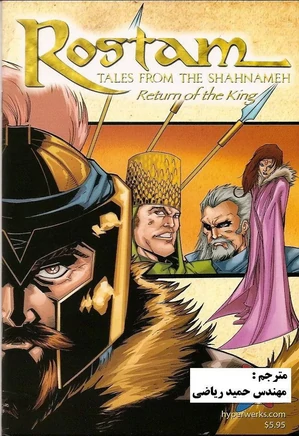
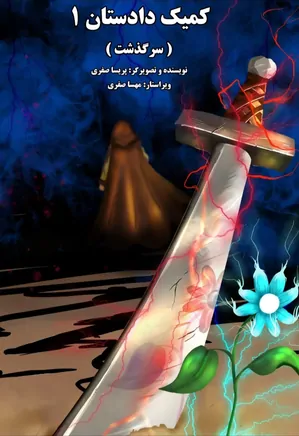
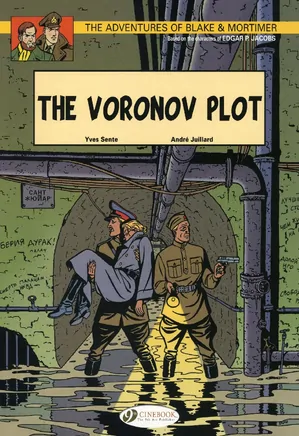
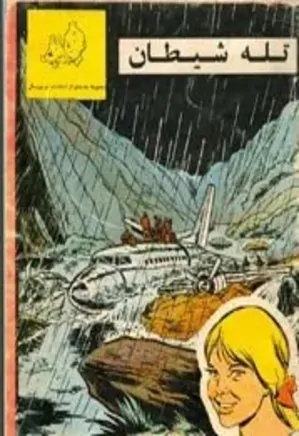
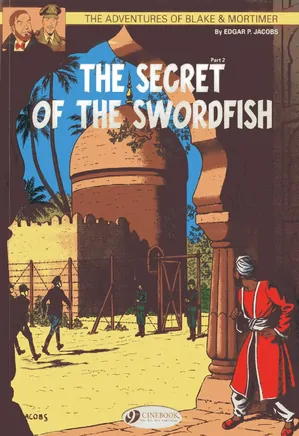
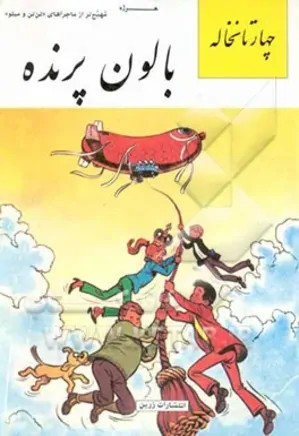
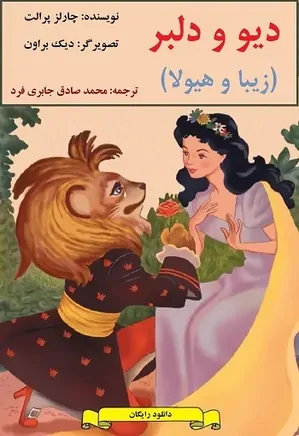

دیدگاههای کتاب الکترونیکی رستم : داستانهایی از شاهنامه، بازگشت پادشاه
merci